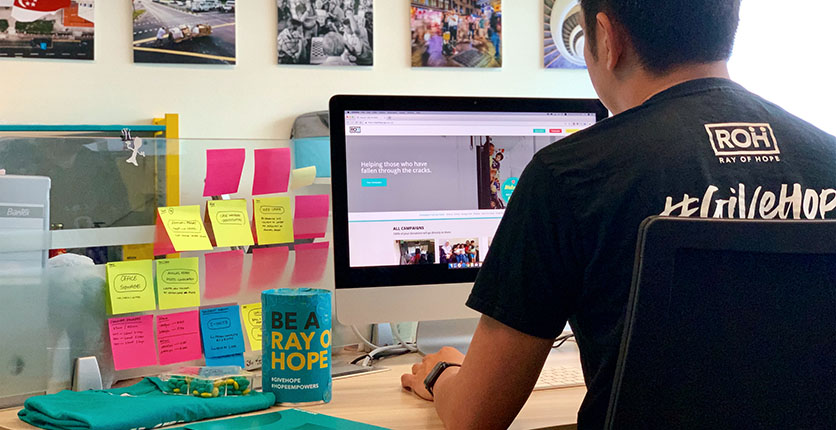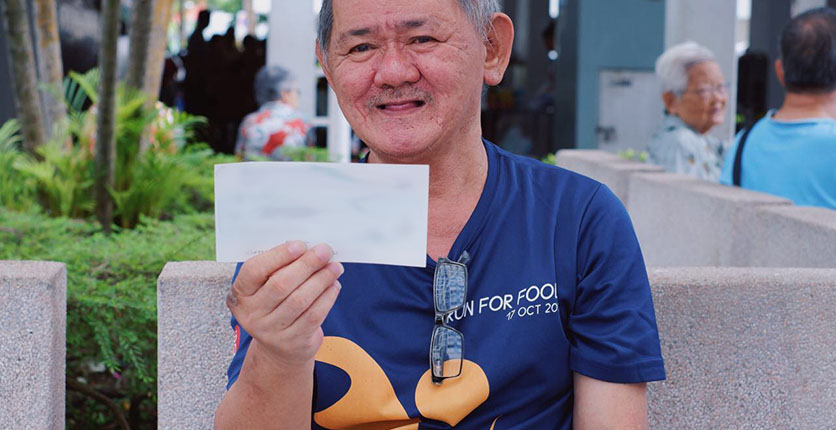There is a lot more to fund- raising than mere soliciting of financial support. Raising funds, whether for charity or non-charity purposes, entails a campaign. On top of that, it is regulated differently. For example, fund-raising for start-ups such as venture capital and private equity firms are regulated by the Monetary Authority of Singapore (MAS), as opposed to charity fund-raising, which requires a permit from the Singapore Police Force.
Indeed, knowledge is key to fund-raising success, says Robin Teurlings of The Startup Buddy, an advisory connecting start-ups to potential investors, which won the SCAPE Most Innovative Startup Award as a part of the Singapore National Youth Entrepreneurship Awards 2018. He says: “Find a good legal counsellor or lawyer who can advise you. Other than the regulations for fund-raising that apply in Singapore, you need to adhere to a lot of other company regulations and laws.”
Let’s take a look at how funds are most commonly raised in Singapore on various platforms, and what they entail.
Start-Up Ecosystem
Comprising incubators, accelerators, venture capitalists and angel investors, this ecosystem is a network for fund-raising startups in Singapore. A good example is Startup SG, an umbrella brand of programmes, both financial and non-financial, that is set up to support start-ups, connecting them with investors. Created by Enterprise Singapore, this agency works with close to 100 partners both in the public and private sectors.
Reward Crowdfunding
This refers to the online sourcing of finance and funds for a project, idea or cause. In return, those who fund the project receive rewards that are non-monetary and vary. They may include a copy of what is being produced, such as a book or DVD, or simply an experience unique to the project.
Regulated by the MAS, some of these crowdfunding platforms include Kickstarter (one of the largest reward-based ones), Indiegogo and Rockethub. If a project is successfully funded, the platform usually charges a percentage fee to the funds collected for the creators.
Equity Crowdfunding
Unlike reward crowdfunding, equity crowdfunding platforms, which are also regulated by the MAS, raise funds through the sale of securities such as equity in the company or as loans. Teurlings adds: “Investors on these platforms should be sophisticated or accredited investors who understand what they are doing. The amount of investment per participant is normally quite high.”
One such firm in Singapore is Fundnel. Simply fill up an online deal application on the platform, which will be screened and assessed by the Fundnel team comprising analysts, investment and marketing executives. But be forewarned: Only less than 10 per cent of their fundraising applications are accepted.
Donation Crowdfunding
Fund-raising is an important tool for beneficiaries who are in need of funds for various reasons, including personal and medical reasons. One such platform is Ray of Hope, a crowdfunding website that aims to help people in Singapore who are in need.
Tan En, general manager of Ray of Hope, says 100 per cent of all funds raised on the platform go to its beneficiaries. He adds: “We make sure that every campaign listed on our platform goes through our stringent verification process. This includes home visits, checking of documents, and verifying with social workers and authorities to ensure that we know the full extent of assistance that is already provided.”
In fact, to help prevent fraudulent fund-raising, Singapore’s Office of Commissioner of Charities launched an educational “Safer Giving” campaign, which helps people ask the right questions and conduct checks to ensure that all donations are genuine.
House-To-House And Street Collections
This form of fund-raising falls under Singapore’s House to House and Streets Collection Act, and refers to all public fund-raising activities that involve house-to-house and street collections. Some of these range from bazaars and carnivals to walkathons and flag days. A permit issued by the Singapore Police Force’s Licensing Division is required.
Such fund-raising activities must be for a charitable cause, with the beneficiary being either a National Council of Social Service (NCSS) member or a registered charity with the Commissioner of Charities or the Ministry of Culture, Community and Youth. Members of the NCSS can apply directly to it for a fundraising permit.









